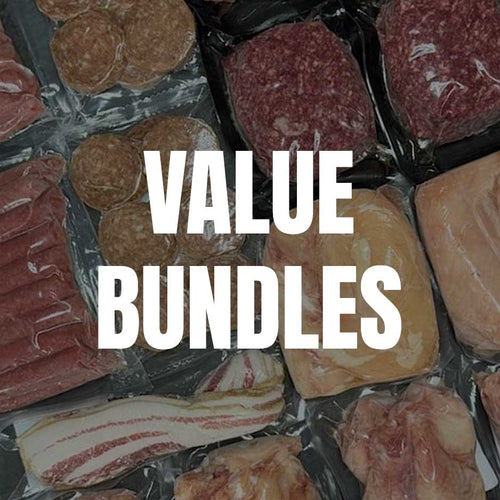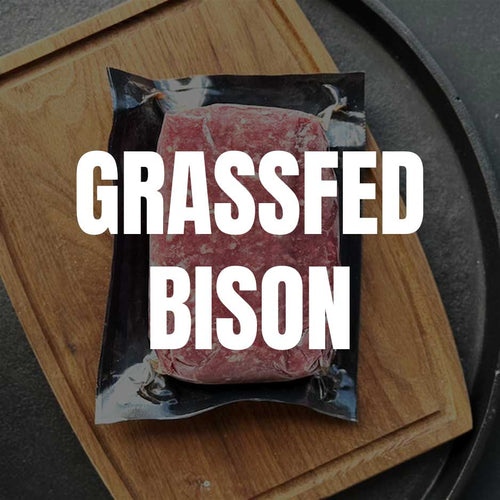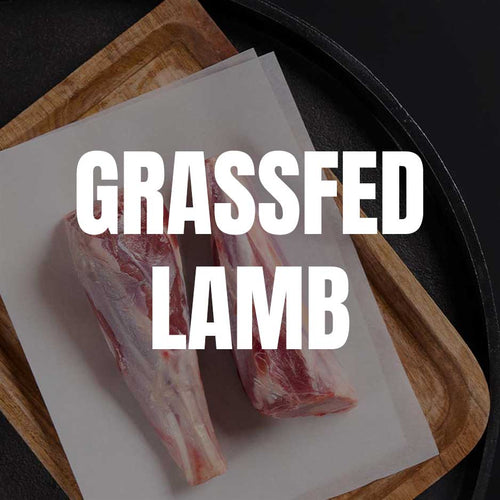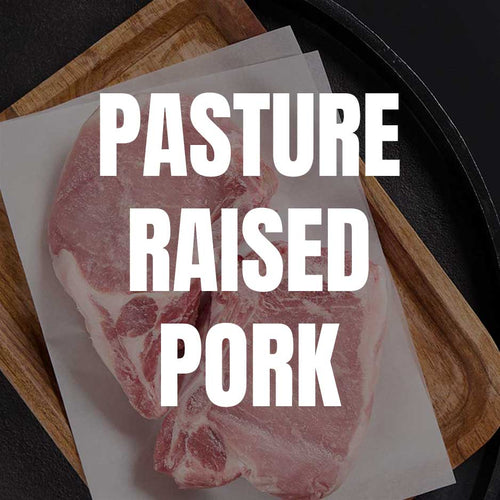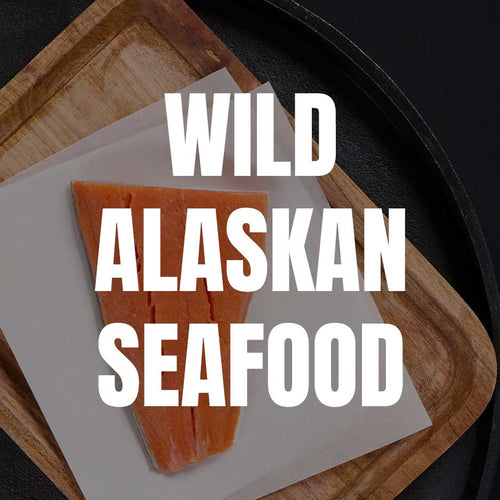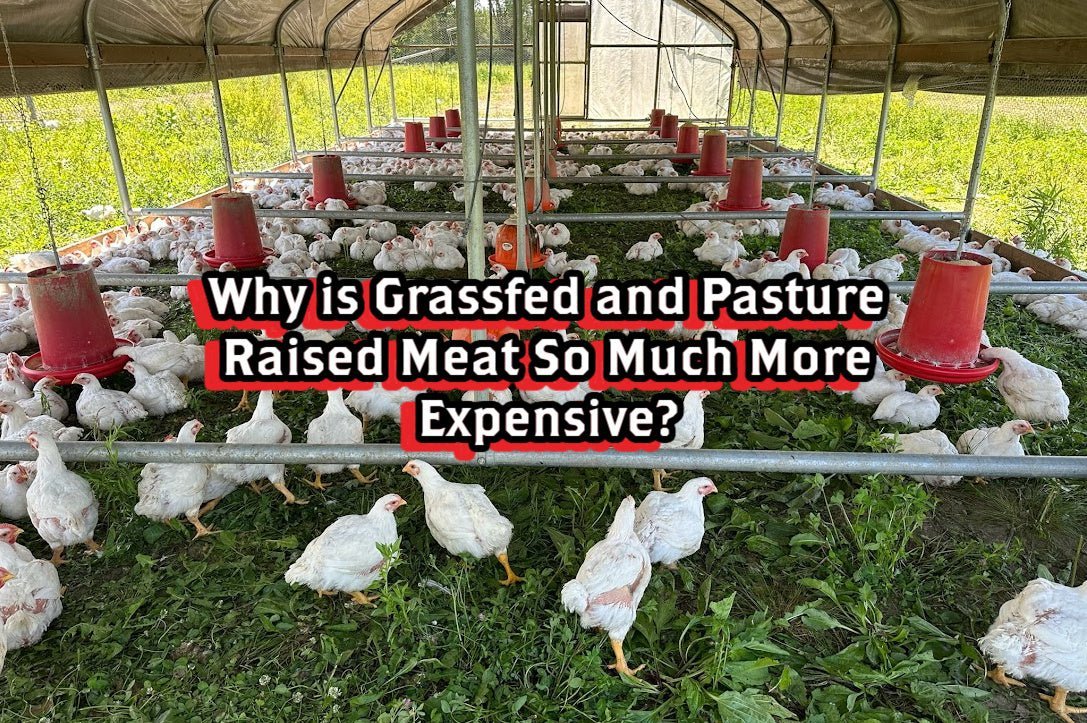
· By Jenni Bajema
Why is Grassfed and Pasture Raised Meat So Much More Expensive?
Let's talk about the elephant in the room—why does grassfed and pasture-raised meat come with a higher price tag compared to conventional options? If you’ve ever wondered this, you’re not alone. It’s a question we get asked all the time, and it’s worth unpacking. But here’s the kicker: once you understand the “why,” you’ll see there’s so much more at stake than just the cost.
Here's a true story from this week from a first time customer, let’s call her Sally. Her husband was struggling with digestive issues. Every time he ate store-bought chicken, he'd feel sick—so much so that she ended up making a mad dash to the bathroom. He felt trapped, like he was stuck choosing between eating foods he loved or staying healthy. But then Sally found us, and everything changed. They started eating Rebel Pastures’ chicken, and for the first time in years, her husband enjoyed his meals without any unpleasant aftermath. They went back and forth several times to determine if it wasn’t just a fluke. Every time he experienced: Store-bought chicken = Sick... Rebel Chicken = Fine. What do you think that chicken is worth to him?
The truth is, producing meat the right way takes time, effort, and resources that big commercial farms simply don’t invest in - not to mention the payouts they receive from the government. Conventional meat might be cheaper, but it comes at a hidden cost to your health, the animals, the environment, and pocketbook in the form of subsidies. When you buy cheap meat, you're often paying for mass production, cramped conditions, and a diet that’s far from what animals were meant to eat. Add in the antibiotics and growth hormones, and it’s no wonder folks like Sally's husband end up with digestive issues.
Now, I get it—staring at a price tag that’s higher than what you’re used to can make you pause. But let’s talk that through a bit more. What are you really getting for those few extra bucks? You’re getting meat that’s free from harmful additives, from animals that lived a life roaming free on pasture, breathing fresh air, eating what nature intended. You’re investing in your health, your family's well-being, and frankly, your peace of mind. You’re supporting farming practices that don’t destroy the earth but regenerate it.
The price difference boils down to the principles of quality over quantity. Raising animals on pasture requires more land, more labor, and more time. But that’s what ensures the animals are healthy, the meat is nutrient-dense, and the farming practices are sustainable and resilient. It’s a conscious choice to step away from the factory-farming model that prioritizes profit over people, animals, and the planet.
So, the next time you’re wondering why grass fed and pasture-raised meat costs more, think of Sally's husband. Think of the relief and joy they felt when he could finally enjoy a meal without fearing the consequences. Think about what you’re really supporting—health, sustainability, and a better future. It’s not just meat; it’s a commitment to something greater.
To the many of you that have made that commitment - I commend you. We made the commitment when we changed the entire trajectory of our lives in 2020 to start Rebel.
If you’re ready to make that commitment, to choose food that nourishes you in every sense of the word, we’ve got you covered. Head over to our shop to get started, or if you’ve got more questions, reply to this email and we're happy to help.
P.S. If Sally's story resonates with you, we’d love to hear yours—leave a comment and share your journey with us!


